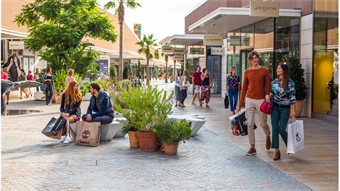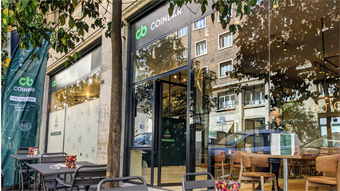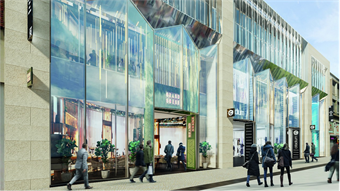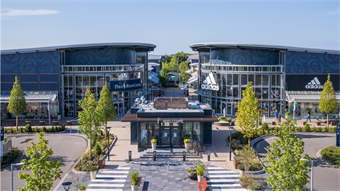Research: Food hall fever hits Europe
- In Research Hub
- 11:19, 20 April 2018
- 1601 Views
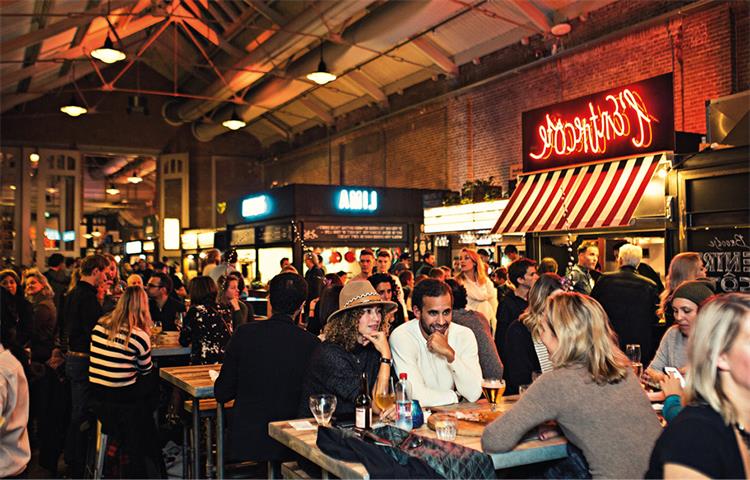
Cushman & Wakefield’s latest Food Halls of Europe report examines the appetite for this evolving concept. With around 100 examples already operational across the continent, and another 200 food halls in the works, the trend is delivering on its promise.
Anyone familiar with the US retail and leisure scene will know that one of the hottest trends is food halls. The concept has mushroomed in the last few years and food hall fever has officially now spread to Europe.
This trend, the subject of our new report, Food Halls of Europe, has not risen over-night. Food markets have existed across the European mainland for centuries, housed in dilapidated surroundings in unloved neighbourhoods, although with a loyal customer base.
The arrival of the new millennium witnessed a period of change for food halls with markets, such as La Boqueria, located off Barcelona’s famous La Rambla tourist street.
Read related article
The rising attraction of this destination was in line with cultural and demographic shifts – although they may not have been aware of it at the time. The food hall evolution is essentially connected to three key factors: people are travelling more than ever before and therefore eating out more; consumers are interested in eating top quality, locally sourced food from independent opera-tors; and want to be served in unique and authentic destinations.
Modern food halls are ultimately defined by what they offer. Some, like the emerging Time Out Market brand, take their references from traditional fresh produce markets. Others, like London Union’s Street Feast, have their origins in street food or music festival locations. Most, like Foodhallen in Amsterdam, Mathallen in Oslo and Platea in Madrid have taken over historic buildings, which help give the venues a unique identity and in some cases a new life.
We have counted over 100 food halls that are already operational across the conti-nent and we expect a further 200 to open in the next few years. This is an exciting prospect for developers, landlords and food hall operators alike.
Modern food halls are large (on average nearly 2,000 m²) and populated by inde-pendent food vendors, not chains. The most popular business model in European food halls is based on the operator con-trolling (and taking the income from) drinks sales.
We think the next chapter in food halls growth will see some important changes. Shopping centres, for example, offer huge potential for food halls if the right space is created.
Hot spots in European cities are already emerging: London has 16 potential food hall sites in the pipeline. But the right approach is key. According to Didier Souillat, founder of Time Out Market in Lisbon: ‘The only operators who will survive are those with authority. Operators who are too small will become obsolete & disappear’.
Read the full report from Cushman & Wakefield at cushwake.com/foodhallseu.
By Yvonne Court International Partner & Head of International Consultancy, EMEA Cross Border Retail & Leisure, Cushman & Wakefield
CASE STUDY: MERCATO METROPOLITANO
Elephant & Castle, London Founder: Andrea Rasca
‘I was envisioning a new way of approaching food retail, moving away from the concept of convincing people that ‘cheap’ is good, and that brands are more important than ingredients. We lack a sustainable format of food retail, which could empower small producers, artisans and the farmers, to sell their products without being bullied by the giant retailers, while developing local communities.
‘My dream was to offer our visitors a real, natural, healthy and very tasty experience, while nurturing the health and the knowledge of consumers through ‘food for thought’ and sociable home-like eating habits.
‘Mercato Metropolitano is a place for an ongoing dialogue between people, farmers, chefs, retailers and artists because being sustainable is not just about minimising the impact on the environment but also about concen-trating efforts on the well-being of our visitors, employees, and other stake-holders.
‘Mercato Metropolitano aims to create circular systems that reduce, recycle and reuse energy and resources in declining city environments and across the diverse segments of the com-munity.’


